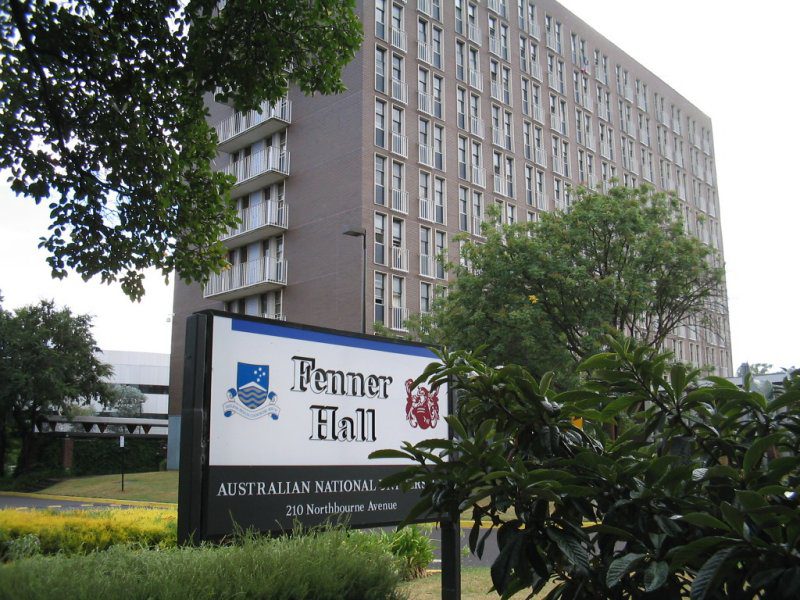PARSA is once again campaigning for equitable housing for ANU postgraduate students, amidst changing infrastructure and new data.
The Home Away From Home campaign, which also ran in O-Week of 2018, considers the nuances of homelessness among postgraduate students. The timing of the campaign is not random. 2.5 per cent of postgraduate students experience homelessness when they first arrive in Canberra. When surveyed, 8.6 per cent of postgraduate students did not have secure housing.
The campaign continues despite the ANU ceding to some of PARSA’s demands. It will implement a first year postgraduate Accommodation Guarantee from 2021, and Fenner Hall’s South Wing is being re-purposed to provide postgraduate housing from this year.
The re-purposing of Fenner Hall was the third suggestion listed in the Home Away From Home report, published in 2018. Speaking after the announcement, PARSA President Zyl Hovenga-Wauchope said “We thank the university for reconsidering the situation and making a decision in the best interest of students, though we are sad that this came at the expense of the former residents’ culture.”
PARSA’s latest action came only three days after the Gowrie Hall announcement on 6 February. It joined 13 other ACT based organisations to protest unfair evictions, calling for better legislative provisions to protect against evictions without cause.
Hovenga-Wauchope said “Postgraduate students, by virtue of their limited income and lack of local knowledge are already hamstrung by an ultra-competitive rental market… The provision for evictions without cause is unnecessary, and unfairly targets vulnerable populations.”
Other recommendations from the 2018 PARSA report remain to be implemented. These included greater transparency from the University as to the likelihood of attaining a bed on campus.
“Students need to be made aware that they should be looking for other places even while waiting for a response, and that they are unlikely to be successful with their application.”
“Students therefore come to Canberra completely unprepared for how difficult finding accommodation is going to be. They can feel stressed, betrayed, and this damages theirimage of Canberra and the ANU.”
We acknowledge the Ngunnawal and Ngambri people, who are the Traditional Custodians of the land on which Woroni, Woroni Radio and Woroni TV are created, edited, published, printed and distributed. We pay our respects to Elders past and present. We acknowledge that the name Woroni was taken from the Wadi Wadi Nation without permission, and we are striving to do better for future reconciliation.
